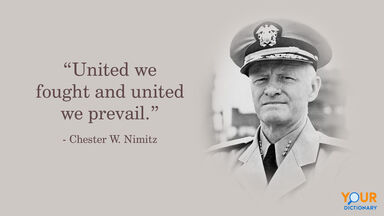Towards the close of 1885 the French-Canadian mind was greatly agitated over the execution of Louis Riel, leader of the north-west rebellion, and in consequence of the attitude of Mercier on this question the Liberal minority in the Legislative Assembly, which had been reduced to fifteen, rapidly gained strength, until at the general elections held in October 1886 the province was carried in the Liberal interest.
A too hasty occupation by Canadian officials and settlers led to the rebellion of the Metis under Louis Riel, a native leader.
One of these, a young man named Thomas Scott, having treated Riel with defiance, was court-martialled for treason to the provisional government, condemned, and on the 4th of March 1870, shot in cold blood under the walls of Fort Garry.
In August 1870, the force reached Fort Garry, to find the rebels scattered and their leader, Riel, a fugitive in the neighbouring states.
While Sir John Macdonald's administration was supported in Nova Scotia, it was weakened in Ontario on account of the clemency shown to Riel, and in Quebec by the refusal to grant a general amnesty to all who had taken part in the rebellion.
